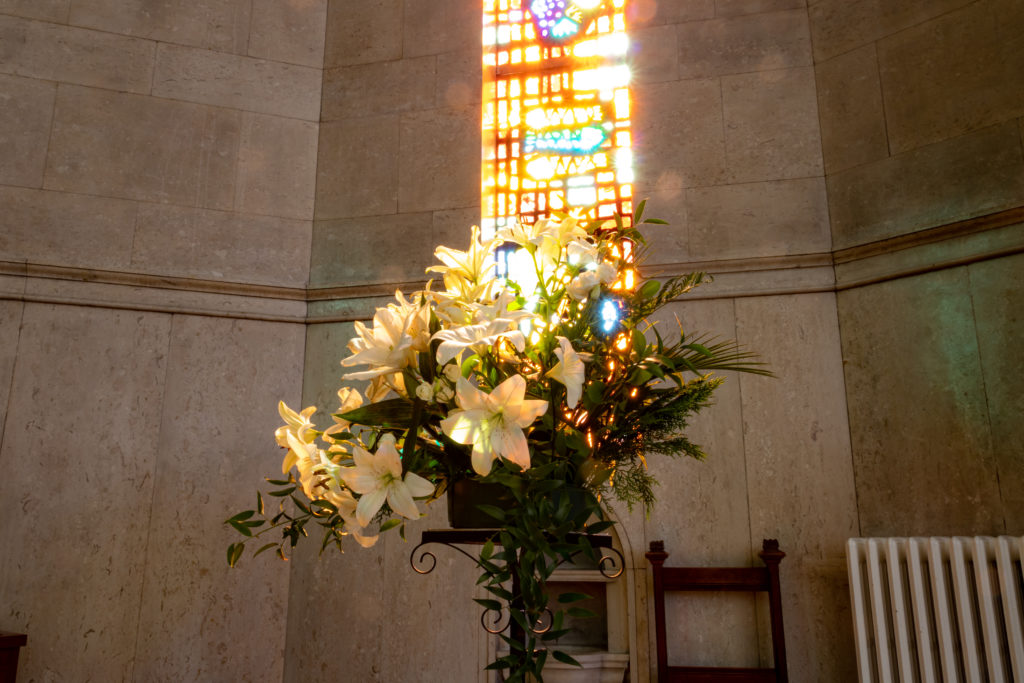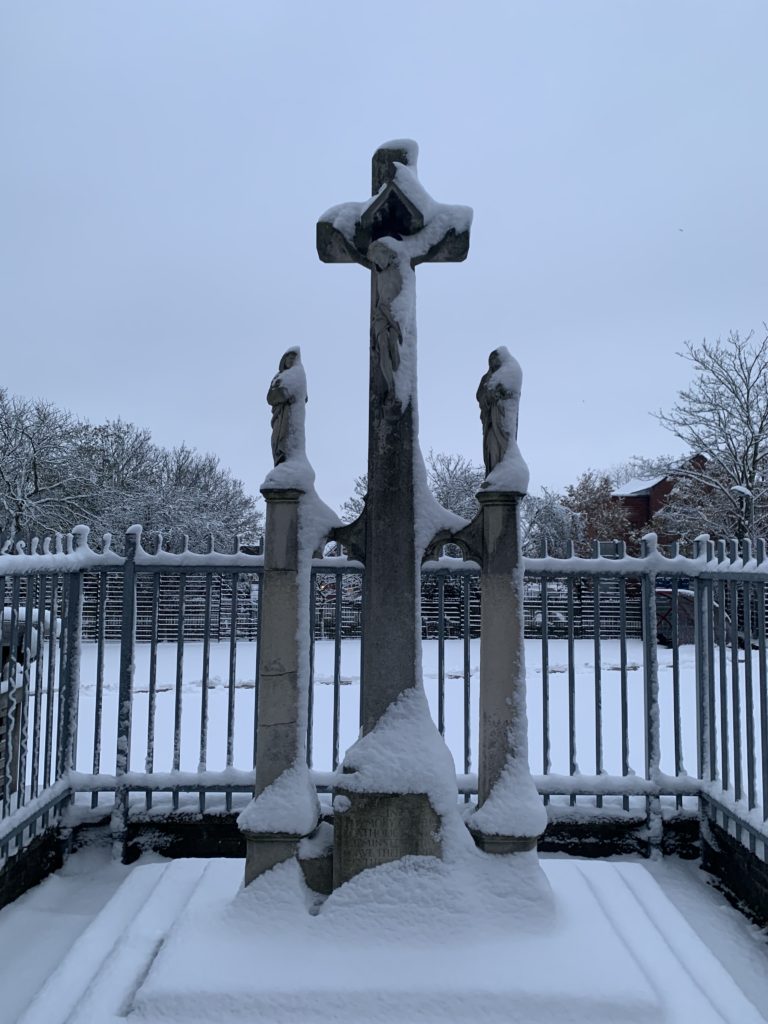Our faith tells us very clearly, however, that when we die our earthly life is changed not ended. God has made us for life, not death. Our confident hope of eternal life – a life that is far more than a vague shadowy afterlife – is founded on the resurrection of Jesus Christ from the dead, which transformed the nature of death for ever.
A funeral provides an opportunity for family and friends to mark the end of a person’s life, to remember, give thanks and celebrate their life, and to support and comfort each other. From the perspective of our faith, however, the most important aspect of a funeral is that we pray for the person who has died. Heaven is a place of perfection, and when we die most of us are still a ‘work in progress’. Our Lord will make us ready for heaven, but he shares this work with the whole of the church, so that we can do something to help our beloved dead on their final journey. Our prayers benefit them and us.
A funeral can be a simple service at the Crematorium or Cemetery but for a Catholic person the most powerful expression of our prayer is the Mass. A Funeral Mass or Requiem Mass (from the Latin phrase ‘Rest in Peace’) is filled with hope, gratitude as well as sadness, and the honest recognition of our dependence on the grace and mercy of God to make us ready for the life of heaven.

Normally when a person dies at home you will need to contact the ambulance service so that death can be verified. If a person dies without having been seen by a doctor recently, the coroner will need to establish the cause of death. A Funeral Director will take the body into their care (you can use the company of your choice, even if as sometimes happens an ‘on-call’ service has provided the initial response). The Funeral Director will discuss the arrangements for the funeral and liaise with those involved including the church. However, if the person who has died is known to the parish do feel free to contact us directly so that we can include them in our prayers.
Fr Matthew will arrange to meet with family members once the arrangements have been confirmed by the funeral directors. As well as getting to know you and learn a little about the deceased, this is an opportunity to discuss aspects of the service such as readings and music.

A funeral in church is always an act of Christian worship and music must be consistent with this. In general music would be played or accompanied by an organist. Sometimes a vocal or other instrumental soloist may assist with the music. We can usually source an organist from within the parish.
Readings follow the usual pattern for Mass and always include a first reading (Old or New Testament), a responsorial psalm, and a Gospel reading. It is possible to have two readings plus the gospel, in which case it would be Old Testament, psalm, New Testament, Gospel. The Gospel is always read by the priest, the other readings are read by family or friends or someone from the parish.
A eulogy or tribute from a family member is permitted and will usually occur after communion at a Funeral Mass (another option is to have it at the start of the Mass).
We do have the facility to live-stream funerals via our parish facebook page (this will be set up on request as we do not live-stream all services).
To help those preparing a funeral service you can download a selection of readings, an outline for the order of service and a model set of intercessions (bidding prayers).
Find out the various events and news from the church, parish and wider community.

© 2024 St Josephs Catholic Church | Privacy Policy | Safeguarding